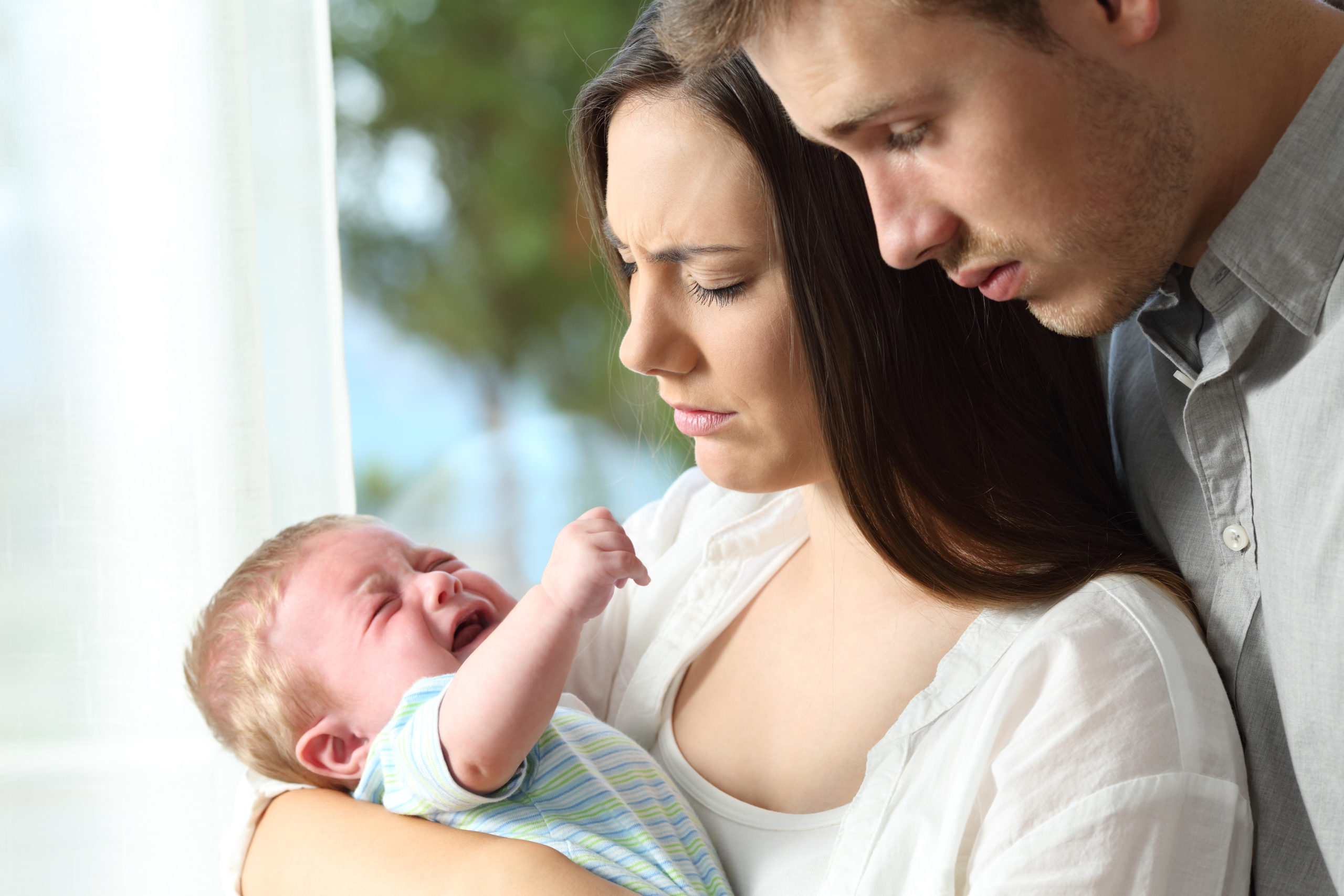After childbirth, most women experience emotional ups and downs. These emotional fluctuations may be partly due to one or more reasons that are related to the childbearing experience. These possible reasons include:
- The drastic changes in hormone levels that occur after birth (for example, estrogen, progesterone, oxytocin, prolactin and thyroid hormone)
- Fatigue and lack of sleep
- Inexperience or lack of confidence in caring for a newborn baby
- Loneliness or isolation from supportive adults
- The constant full-time demands made by the baby
- A disappointing or very difficult birth experience
- An unexpected illness or condition in the baby
- The mother’s stressful social situation
- A personal or family history of mood disorders including depression, anxiety and panic attacks, or bipolar illness
For some women, these emotional fluctuations are mild, and they decrease within a few weeks. For others, they are overwhelming and long lasting and may require treatment.
“Baby Blues” affect about 80% of all new mothers. The blues generally occur within the first week after birth and often begin about the time milk comes in. The blues are temporary and rarely last longer than a week. They are relieved by getting more rest and sleep; by reducing possible pain; and by help from supportive family and friends.
Postpartum mood disorders (PPMD) affect about 20% of new mothers. PPMD usually occurs within two months of giving birth though it may occur anytime in the first year following childbirth. Women with a postpartum mood disorder may experience one or more of these four emotional conditions: anxiety and panic disorder, obsessive-compulsive disorder, postpartum depression and post traumatic stress disorder. These conditions usually require medical assistance.

